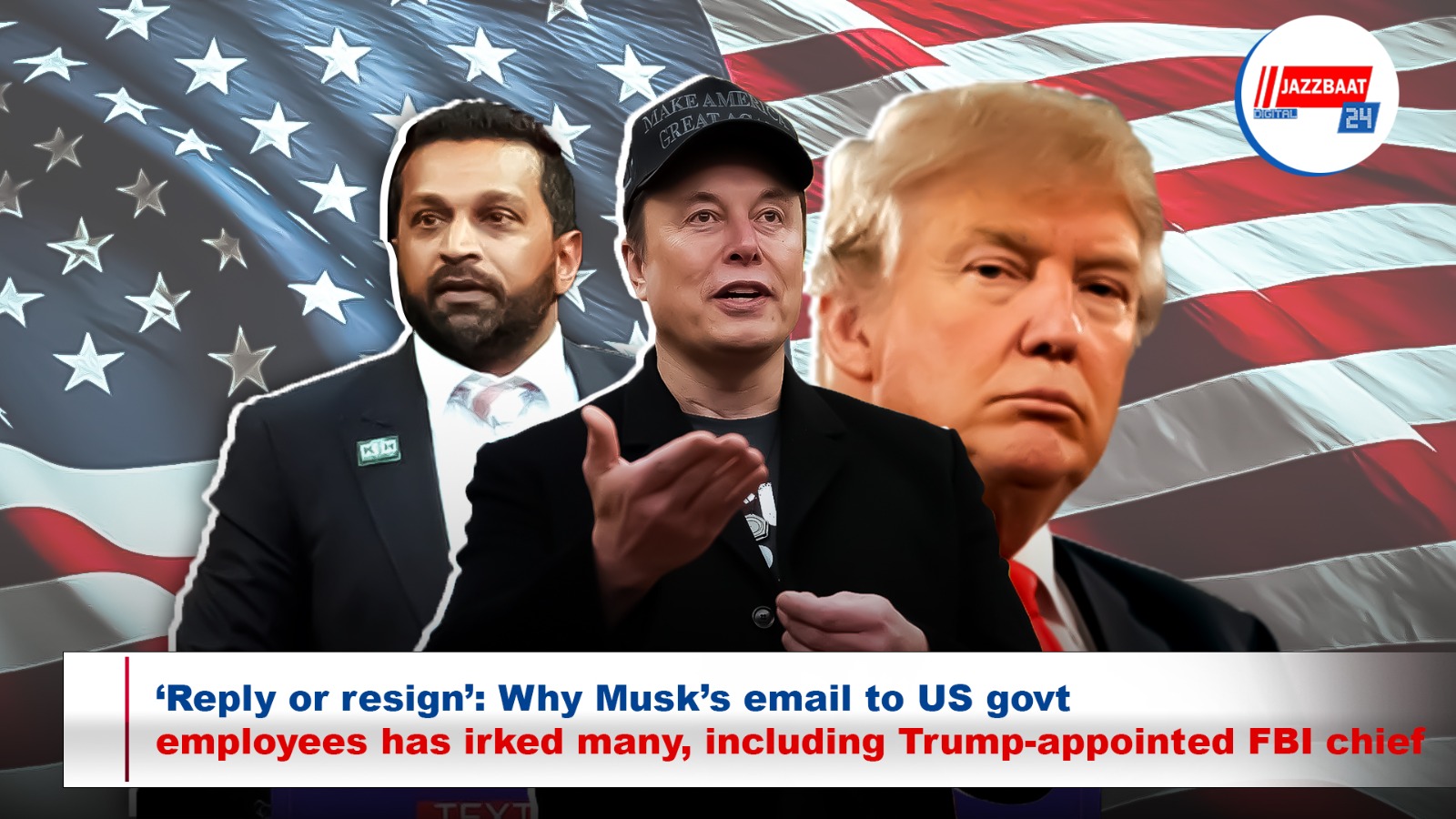
Elon Musk, one of the most influential businessmen worldwide, yesterday sent a crystal-clear message via email out to U.S. government employees—"Reply or resign." The order has led to something of a controversy almost instantly, drawing out many, including the Trump-appointed FBI Chief, in criticism.
What is perhaps most contentious is the rationale for Musk's alternate decisions. Some see it as a strongly proactive measure in pushing for accountability and efficiency in government action; others think of it as undue pressure and disguised threats. Government agencies are notoriously set up in a way that it takes forever for someone to answer something, so the doubt now is whether or not Musk behaves practically in coercing quicker responses to his emails.
Musk has already raised skepticism about government efficiency and transparency, but as this email is directed at employees, it has opened a much greater debate. Certain officials, including the Trump-appointed FBI Chief, see this as interfering with employees' autonomy and decision-making.
The key question remains now as to how the U.S. administration will face this challenge and whether Musk's request will have a long-term impact on government conduct.